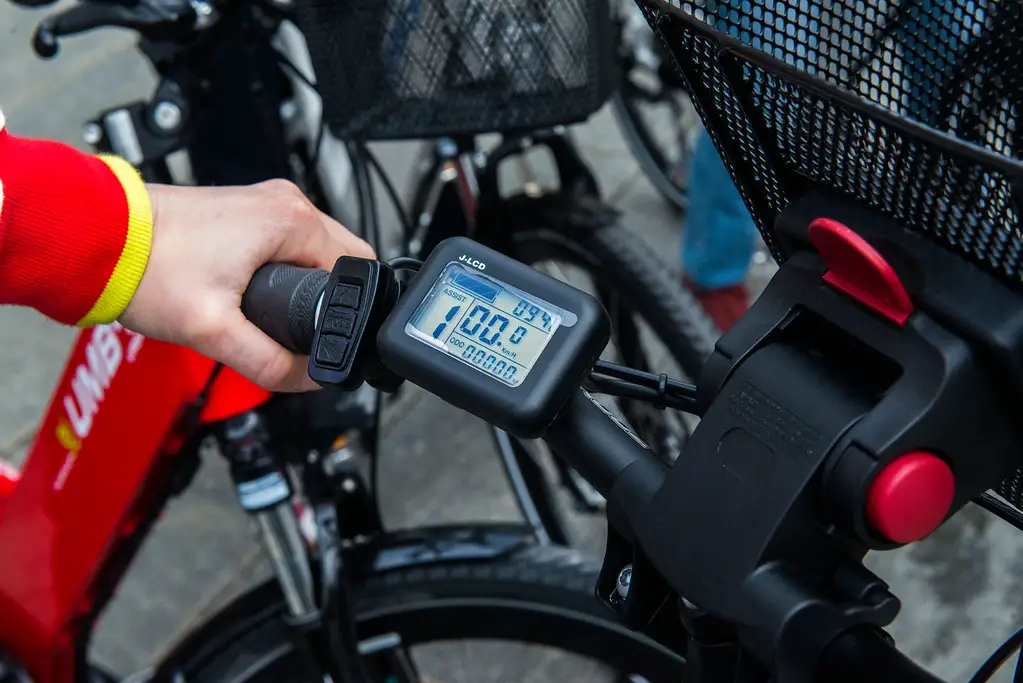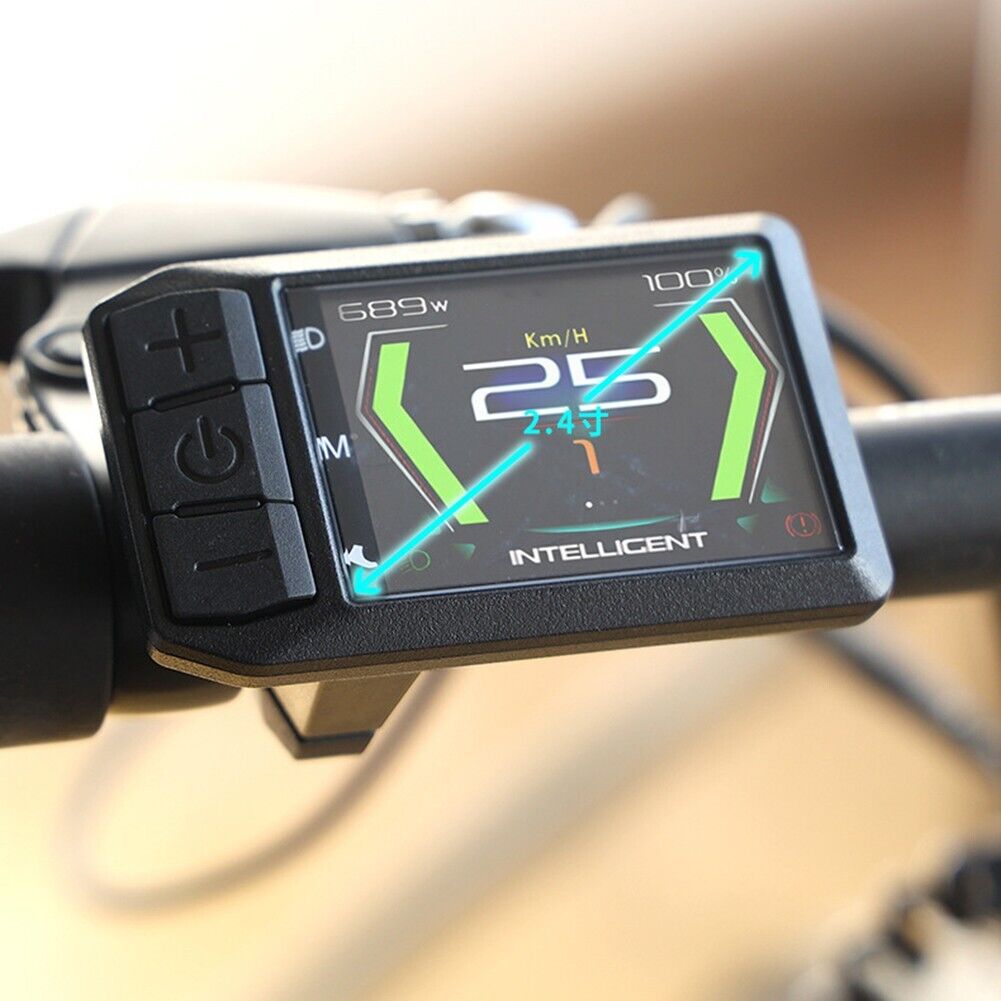Enhancing the Cycling Experience with Advanced E-Bike Displays
The cycling world has experienced a revolution with the introduction of electric bikes, or e-bikes. What started as a means to encourage more people to take up cycling as a mode of transportation, fitness, and recreation, has now evolved into a sophisticated network of technology that can both enhance and complement the traditional cycling experience. Among the most crucial innovations in the world of e-bikes are the displays that provide riders with the essential data they need to monitor their progress and the advanced metrics that can take their performance to the next level.

Essential Data Displayed
At the heart of every e-bike display is the mission to provide riders with the essential information they need to make the most out of their ride. This could include basic data such as speed, battery life, distance covered, and available assist levels.
Speed and Battery Life
Speed is one of the most basic metrics, helping riders gauge their current pace, while battery life is essential for ensuring they don’t run out of power before their ride is through.
Distance Covered
Tracking distance is not only practical for those using e-bikes for transportation but is a key part of gauging one’s fitness and progress over time.
Assist Levels
The various levels of motor assistance offered by e-bikes could be a simple 3-mode system or a more complex setup, commonly going up to 5 or even 9 levels, each offering a unique blend of support and battery conservation.
Advanced Metrics for Cyclists
While knowing how fast you’re going or how much battery is left is great, many riders are taking it up a notch and want to know more about their performance.
Cadence and Heart Rate
Cadence, or your pedal revolutions per minute, and heart rate can be real game-changers for more serious riders, as they aid in maintaining a more consistent and efficient riding style.
Power Output and Elevation
Power output, measured in watts, tells you how hard you’re working against the resistance of the terrain or the wind. E-bike displays that can now measure and display this data enable riders to fine-tune their effort and get a more accurate representation of their work.
Route Tracking
Some advanced displays are equipped with GPS and mapping features, allowing riders to track their rides and monitor specific routes for training or pleasure.
Benefits of Utilizing Advanced E-Bike Displays
With the availability of advanced e-bike displays, the benefits for cycling enthusiasts are numerous.
Improved Performance Tracking
Comprehensive data readouts help in analyzing and tracking performance, enabling riders to set and achieve their cycling goals.
Personalized Training Insights
By understanding metrics such as cadence and power output, cyclists can tailor their training routines to maximize effectiveness. This data also helps in identifying areas for improvement.
Enhanced Ride Experience
The wealth of data available on advanced displays doesn’t only contribute to performance but also makes the ride more engaging. Cyclists can plan and track their rides, explore new areas, and challenge themselves in new ways.
Comparison of Different E-Bike Display Technologies
Not all e-bike displays are created equal, and there are several technologies and features that set them apart.
LCD vs. LED
LCD displays tend to be more energy-efficient and easier to read in bright sunlight. On the other hand, LED displays offer better visibility at night and can be operated with a lighter touch.
Touchscreen vs. Button-Operated
Touchscreen technology provides a more intuitive user experience, akin to using a smartphone. However, button-operated displays can be more robust and are easier to use with gloves on during cold weather.
Future Trends in E-Bike Display Technology
The rate of innovation in e-bike display technology shows no sign of slowing down.
Integration with Mobile Apps
We’re seeing greater integration between e-bike displays and mobile apps, providing more comprehensive analysis and even allowing remote control and tuning of displays via smartphones.
AI-Driven Customization
The future might hold displays that not only collect data but also learn from a rider’s behavior and provide suggestions on the best way to maximize performance or battery life.
Voice-Activated Controls
For an increasingly hands-free experience, voice-activated controls could become a norm. This feature would be particularly attractive for urban riders navigating busy bike lanes.
Conclusion
Advanced e-bike displays are at the forefront of tech-driven cycling enhancements. For the modern cycling enthusiast, these devices are making the experience richer, more connected, and more informed than ever before. With the ability to track every nuance of their ride and performance, e-bike riders can push their limits, chart new paths, and most importantly, enjoy the ride. Stay tuned for the next wave of e-bike display innovations that will no doubt bring us even further down the road of cycling excellence.






